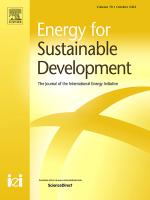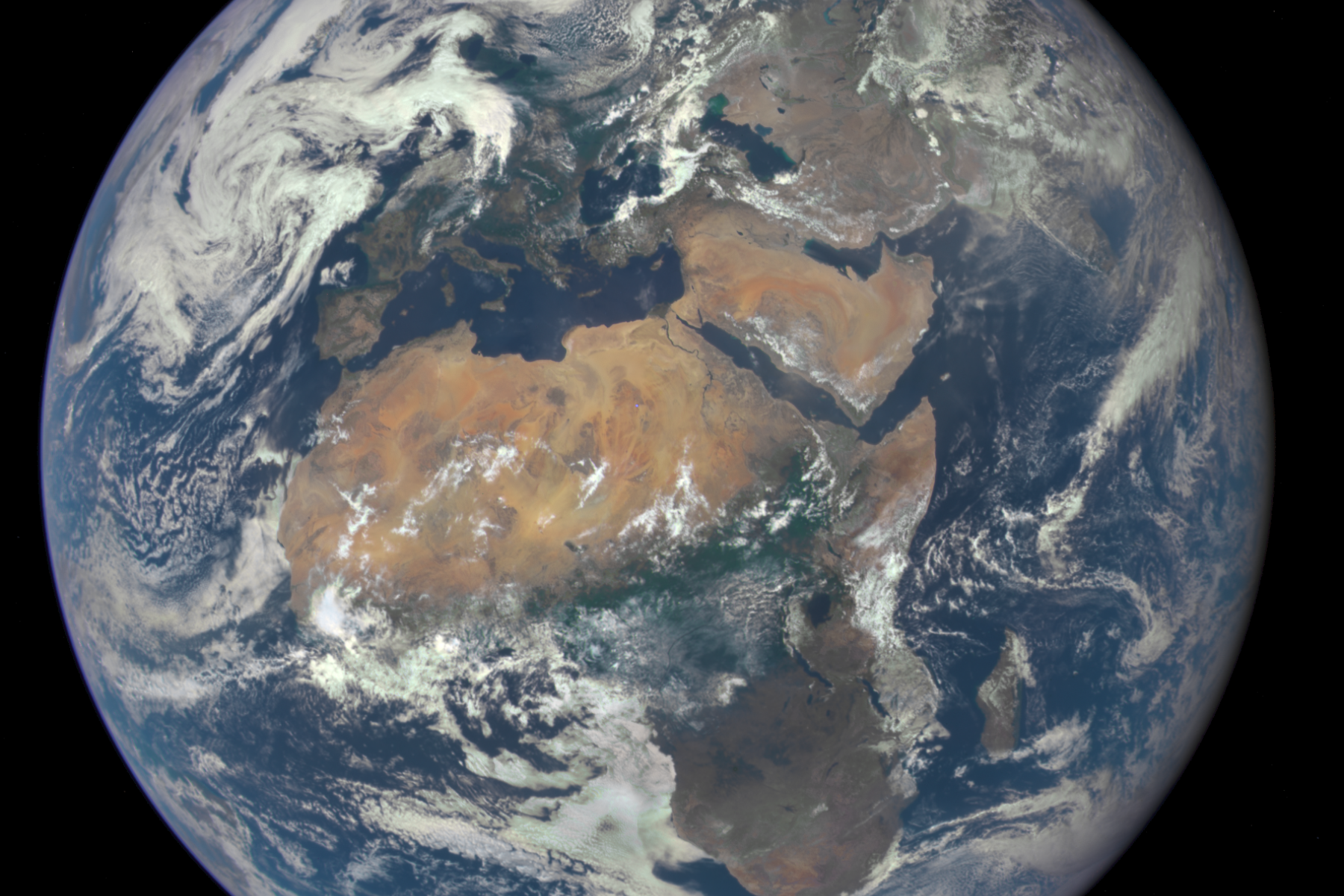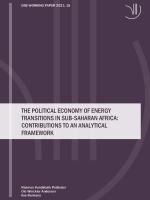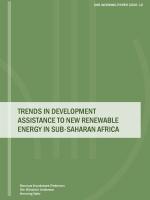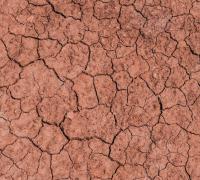The paradox of overcapacity in African energy sectors
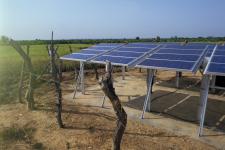
In countries with a volatile energy supply from hydropower, solar, and wind, some overcapacity in energy production is required. Several African countries however experience overcapacity that cannot be explained or justified with reference to the volatility of supply alone. At the same time, these countries struggle to provide access to electricity for their populations. A new DIIS paper The paradox of overcapacity in African energy sectors - ScienceDirect published in Energy for Sustainable Development explores this paradox of overcapacity in African energy sectors, which may lead to higher energy prices for African energy consumers and have implications for transitions to cleaner forms of energy on the continent.
The paper points to some general dynamics that can help explain overcapacity, for instance the quality of planning, political interests and ideas as well as the role of development donors and private investors. Whereas much attention has been paid to mobilising finance for energy and energy transitions in African countries at international climate change summits, the paper suggests that more money alone may not solve the problems in the continent’s energy sectors. Careful attention to the balance between politicians and bureaucrats, the management of public energy utilities, and the long term planning of energy sector development is required.
DIIS Eksperter


